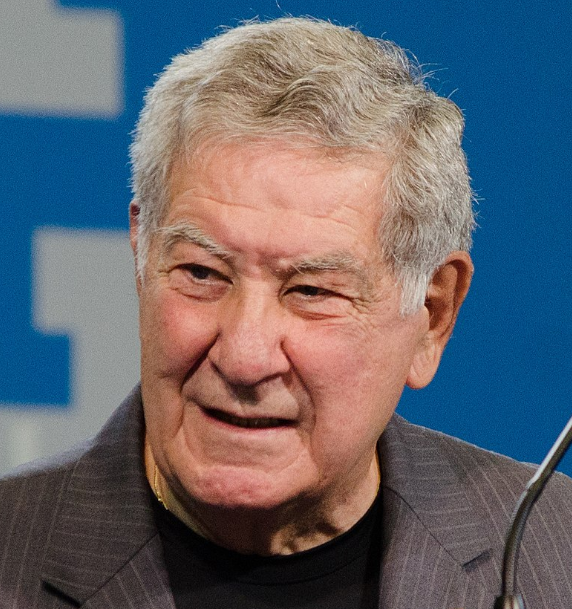By GARRY RAYNO, InDepthNH.org
CONCORD — Cities and towns would continue to receive $20 million a year in revenue sharing, but would have to dedicate 60 percent to property tax relief under a bill before the Senate Finance Committee Tuesday.
The prime sponsor of Senate Bill 118, Sen. Lou D’Allesandro, D-Manchester, told the committee, “We hear time and time again the burdens brought to local communities manifests in higher property taxes.”
He said the bill would continue what the Legislature began last session, reinstating revenue sharing promised to the communities when the stock and trade tax was replaced by the business profits tax.
“This bill addresses what people say when they come to us to seek our help to relieve their property tax burden,” D’Allesandro said. “I hope someday we go back to the revenue sharing concept put in place by Gov. Walter Peterson when he was governor, promised on an annual basis.”
He said last session communities could spend the money any way they wanted, but he believes with the concerns over rising property taxes, it would be best to allocate 60 percent to property tax relief.
The New Hampshire Municipal Association supported the bill saying communities benefited from renewing municipal sharing.
“It was one-time revenue for one-time expenses,” said Becky Benvenuti of the association. “It is important to reiterate it helped to offset the suspension of $25 million in revenue sharing that has not been distributed over the past 11 years.”
Revenue sharing with cities and towns was suspended in 2009 in the aftermath of the Great Recession to help balance the state budget, but was not restarted until last session.
Municipalities are currently going through the budget process and have to plan for the suspension of the money, Benvenuti said.
“There are significant budgetary concerns about suspending revenue sharing and state aid and the consequences to towns and cities,” she said, “and how that would impact how towns and cities pay for services and directly impacting the local property taxes needing to be raised.”
She did note that requiring 60 percent to go to property tax relief would mean $8 million in discretionary spending for all cities and towns in the state.
Committee member Sen. Bob Giuda, R-Warren, questioned if the state appropriates money for communities whether it can then tell them how to use it.
D’Allesandro noted the state appropriates money for bridge repair that must be used for bridges and road maintenance money that must be used for roads.
“There is a precedent, we say here are certain dollars that you must spend on certain issues,” he said.
Committee Chair Sen. Gary Daniels, R-Milford, asked how much of the $40 million for revenue sharing in the current two-year budget was spent on property tax relief.
Every municipality had the option to lower property taxes, D’Allesandro noted, but he had not reviewed the information to determine how they spent the money.
“My intention with municipal aid last time was to give it to the communities to do with what they thought the most need was,” he said.
But Daniels said people living in his district have no control over how the people in D’Allesandro’s district spend the money. Taxes are raised by everyone, he noted, but spending may be out of control in D’Allesandro’s district “when we try to keep it in control in mine.”
D’Allesandro said he is trying to address what he hears time and time again that communities need property tax relief and that is the intent of his bill.
Committee member Sen. Erin Hennessey, R-Littleton, noted the formula for distributing revenue sharing is weighted toward poor communities determined by the number of students receiving free and reduced lunches as an indication of poverty.
There has been a 25 percent drop in families filing paperwork to join the program after the federal government essentially opened it to every student with income guidelines due to the pandemic. School officials say there is no incentive for some parents to fill out the forms.
Hennessey asked if that issue was taken into account in the bill.
D’Allesandro noted the whole system is “out of whack” but said he believes it could be addressed in his bill.
Senate President Chuck Morse, R-Salem, said while he supports the concept, he views the bill as a budget issue that should be considered as they work on the two-year operating budget the committee will craft in the coming months.
Traditionally bills with appropriations that the Senate passes are tabled to be addressed when the Senate Finance Committee begins working on the budget in April.
Gov. Chris Sununu will give his budget address Thursday at noon, after which the House begins work on its version of the two-year operating budget.
The deadline for the House to act on the budget package is April 8.





